Back
Laxit Rana
•
Repute • 1y
While exploring the world of Electric Vehicles, I stumbled upon the concept of "Regenerative Braking". Let me first set the context: - Energy can neither be created nor destroyed, but it can be transformed from one form to another. - Any object in motion has kinetic energy :K = 1/2 × mass × (velocity)^2. [directly proportional to mass and velocity] In normal vehicles, when the driver applies the brakes, the kinetic energy is converted into heat and wasted. But in regenerative braking, instead of directly applying mechanical brakes, something smarter happens. The electric motor , which powers the wheels and moves the car forward by converting electrical energy into motion, reverses its role. As the vehicle moves forward due to its momentum, the spinning wheels transfer energy back to the motor. This process of turning the vehicle’s forward motion into electrical energy creates a "resisting force" in the motor, which slows down the vehicle gently almost as if you were pressing brakes lightly. This conversion rate from kinetic energy to electricity ranges between 15% and 70%, depending on factors like speed, vehicle type etc. Once the electric motor generates electricity, this energy is sent to the vehicle’s battery to be stored for future use. In electric or hybrid vehicles, this stored electricity is used later to help power the vehicle, extending its range and reducing frequent recharging. In a country like ours [INDIA], where traffic is often intense[BENGLURU], I believe this would be incredibly useful. Imagine the potential in buses and trucks, which have high mass. With greater mass comes greater kinetic energy[not copied from spider man ], which means more energy can be captured and converted during braking. This would make a big impact, not just in terms of energy savings but also in reducing wear and tear on mechanical brakes.
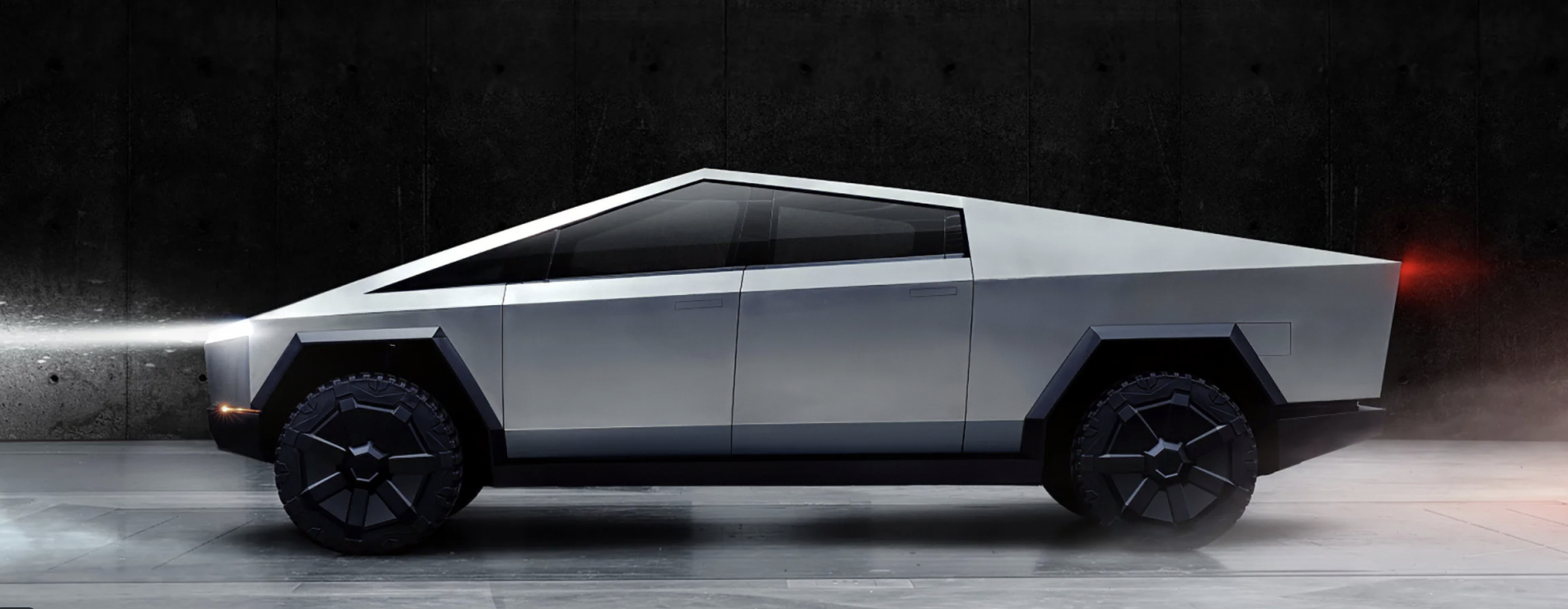
Replies (16)
More like this
Recommendations from Medial
Biswajit banerjre
Business , ideas, pr... • 1y
"Never Break Down Again: The Ultimate Hybrid Kit for Motorcycle Reliability" 1. **Electric Motor:** Integrated into the drivetrain or as a separate unit to assist the combustion engine. 2. **Battery Pack:** Provides power to the electric motor. 3.
See Moreprashanth S
Hey I am on Medial • 1y
"RainSpark: A innovative water-to-electricity converter that captures the kinetic energy of rainwater runoff, generating power for emergency lighting and communication systems, keeping people safe and connected during heavy downpours and storms." Th
See MoreNishant Verma
See , What's next! • 1y
Researchers from Soochow University in China have demonstrated that a solar cell can generate electricity from rain drops. By using a form of electricity generator called a triboelectric nanogenerator (TENG), researchers have shown they can convert m
See MoreKaren Kumar
Hey I am on Medial • 1y
electric electronic background we have the developing in the my company SK energy tech for develop RND process for the 48 volt 10 ah battery back used for minimum for the 500 km range in giving that type of motor and new technology for we are develo
See MoreDownload the medial app to read full posts, comements and news.




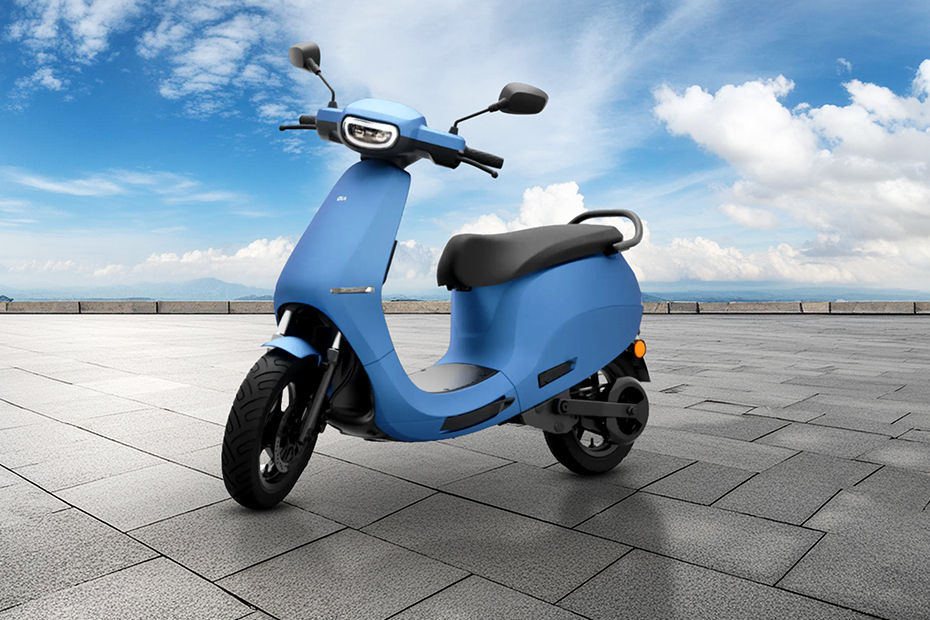

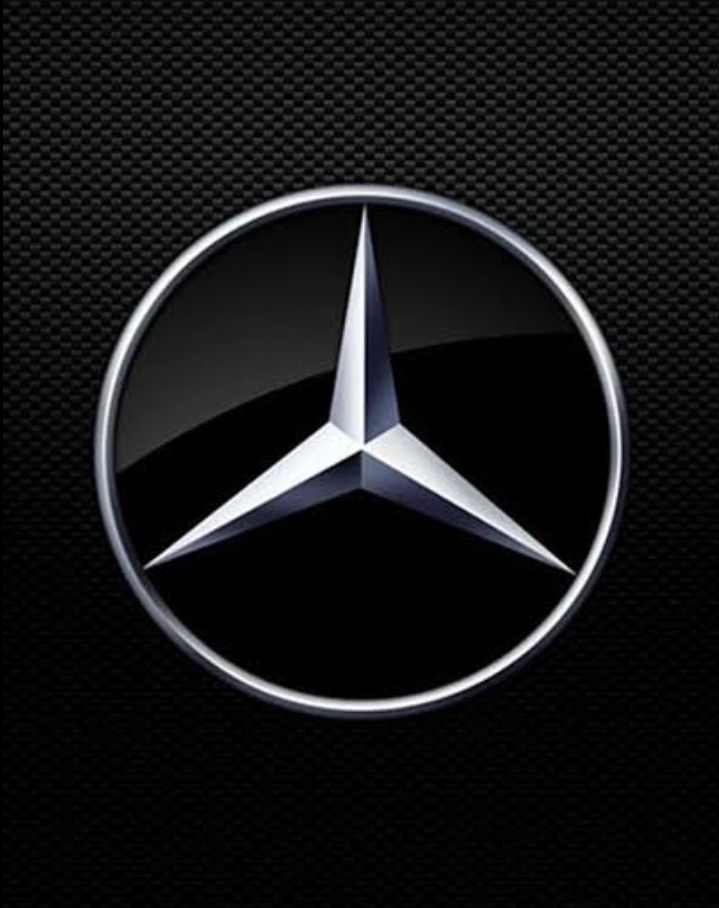

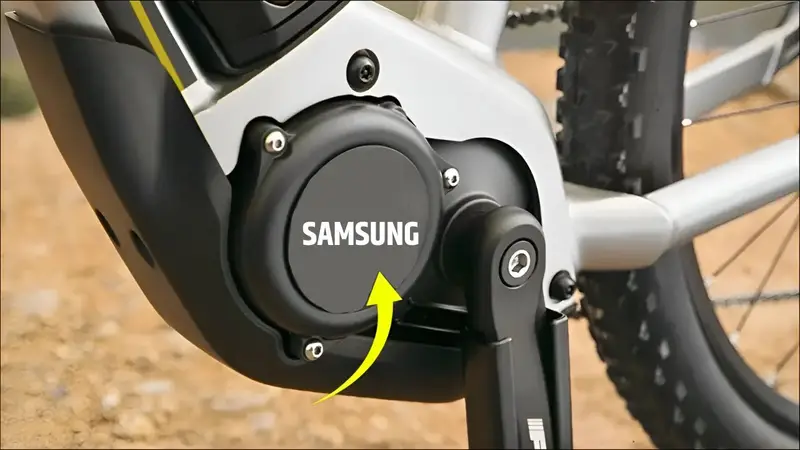


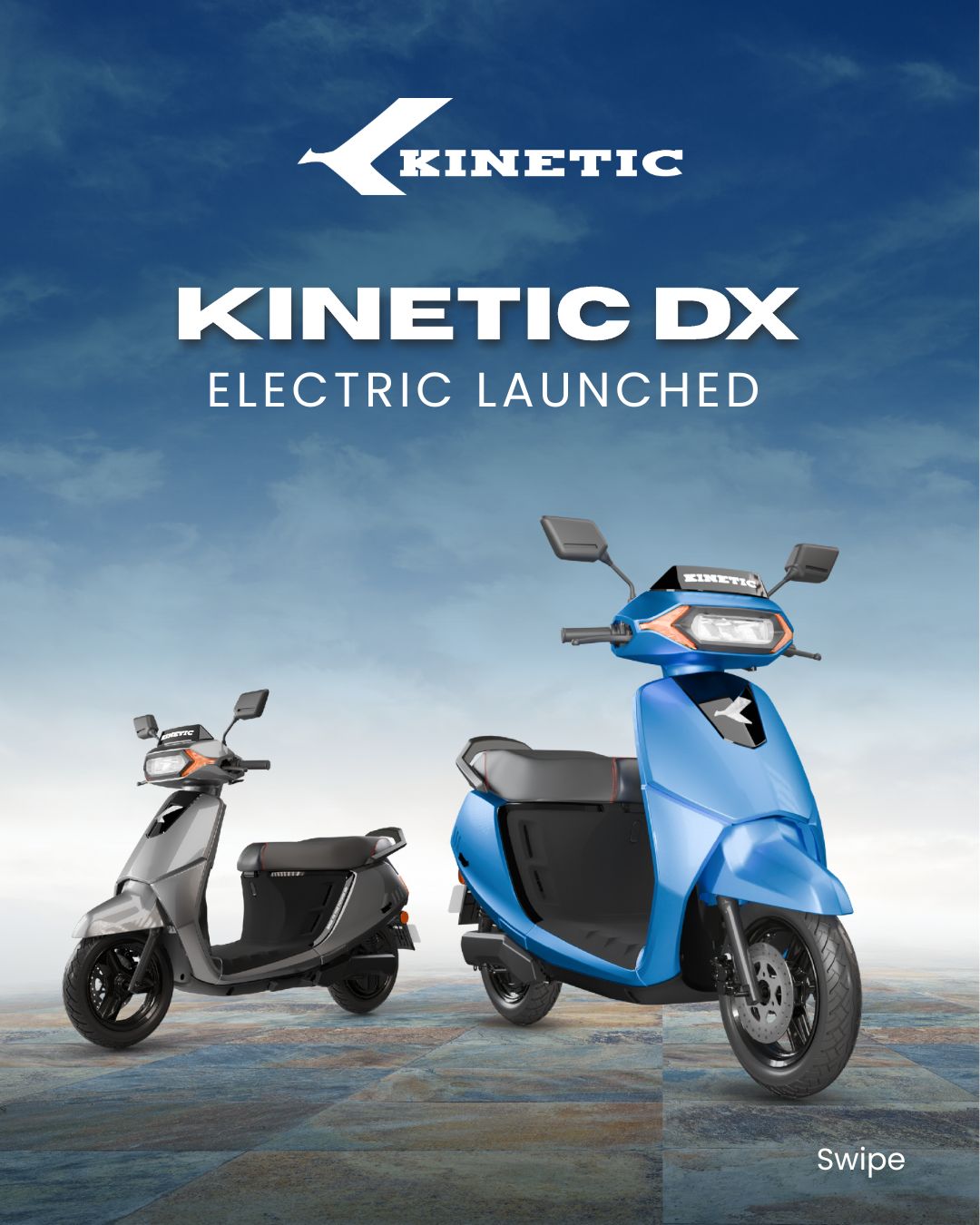
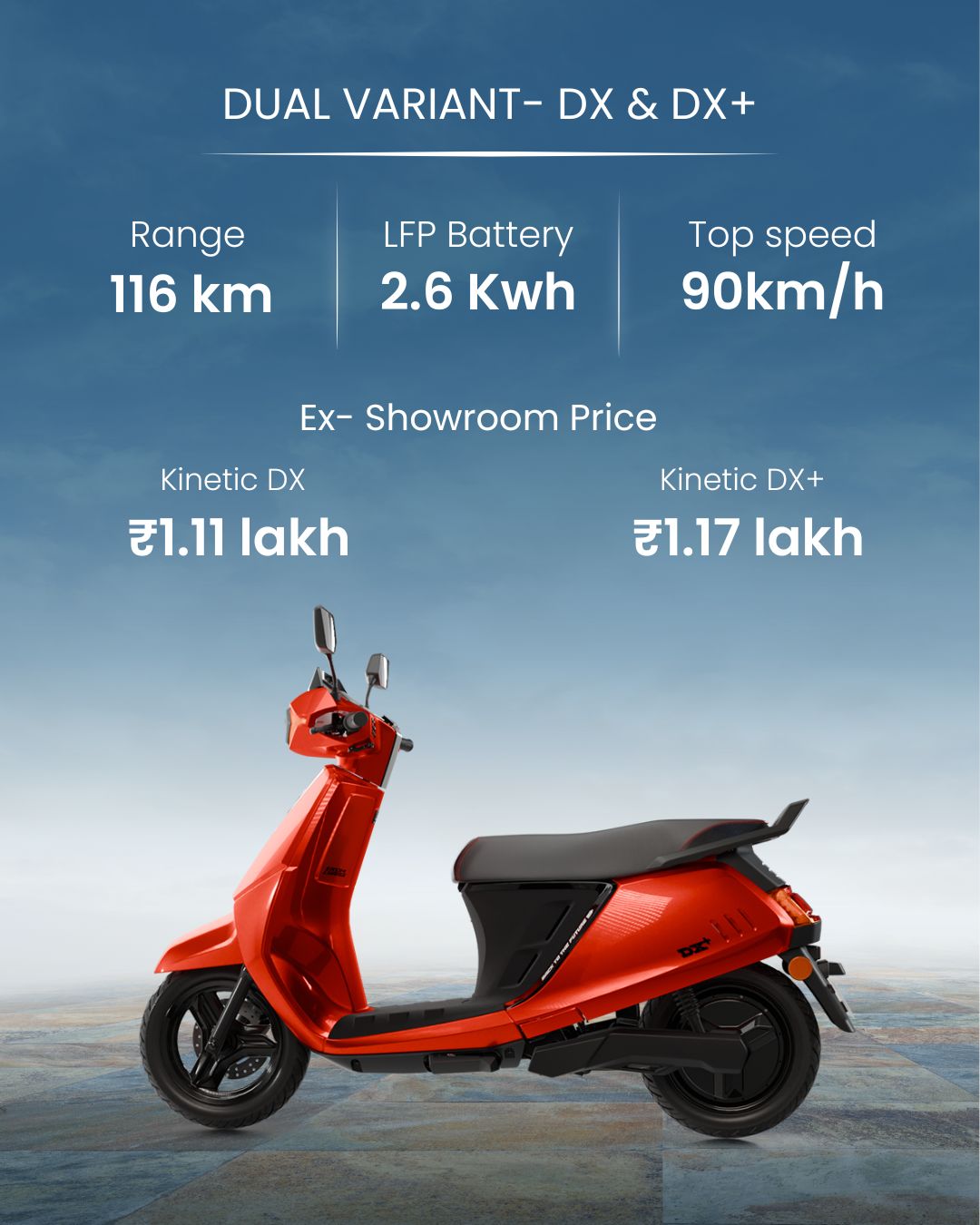
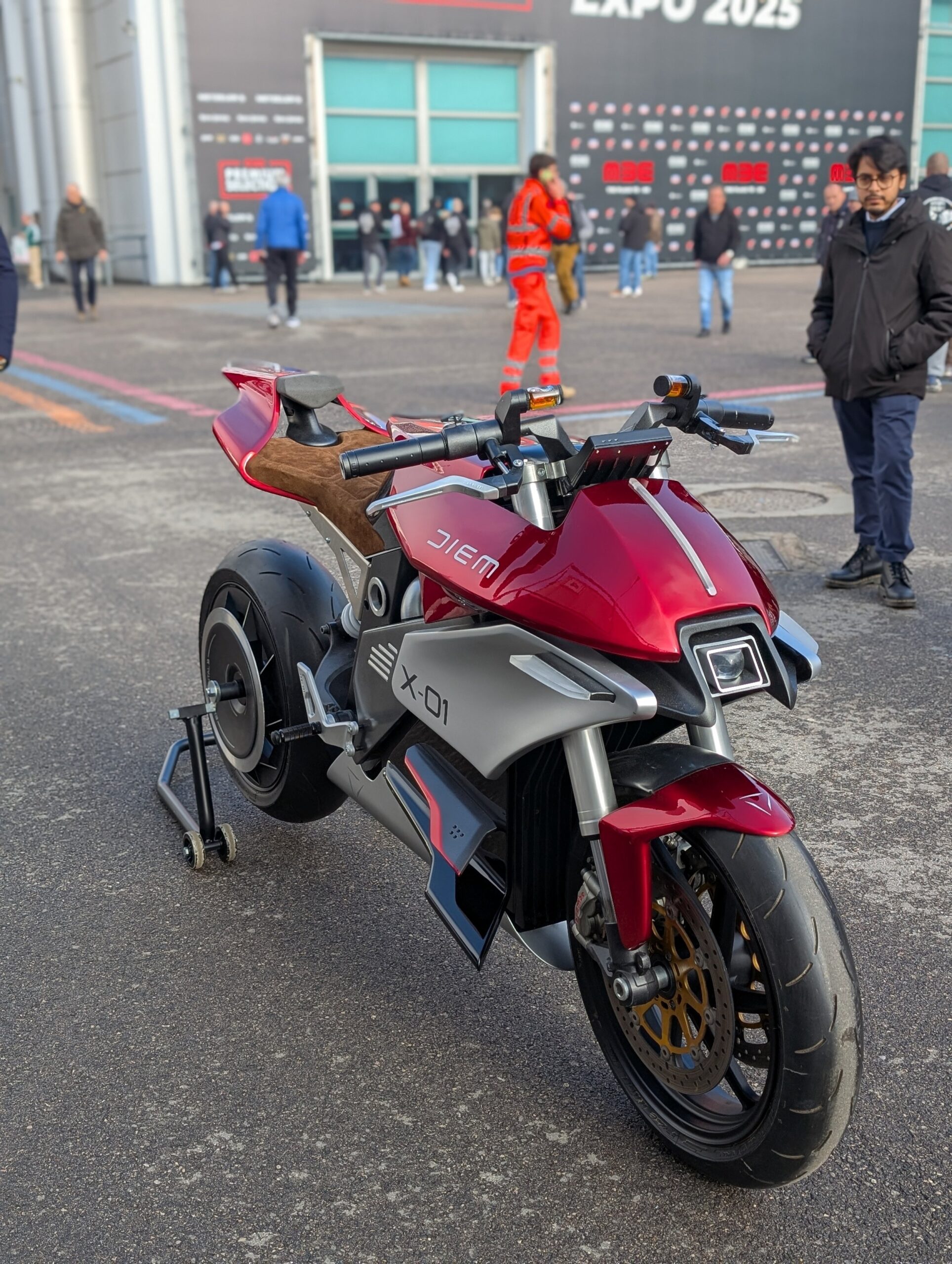
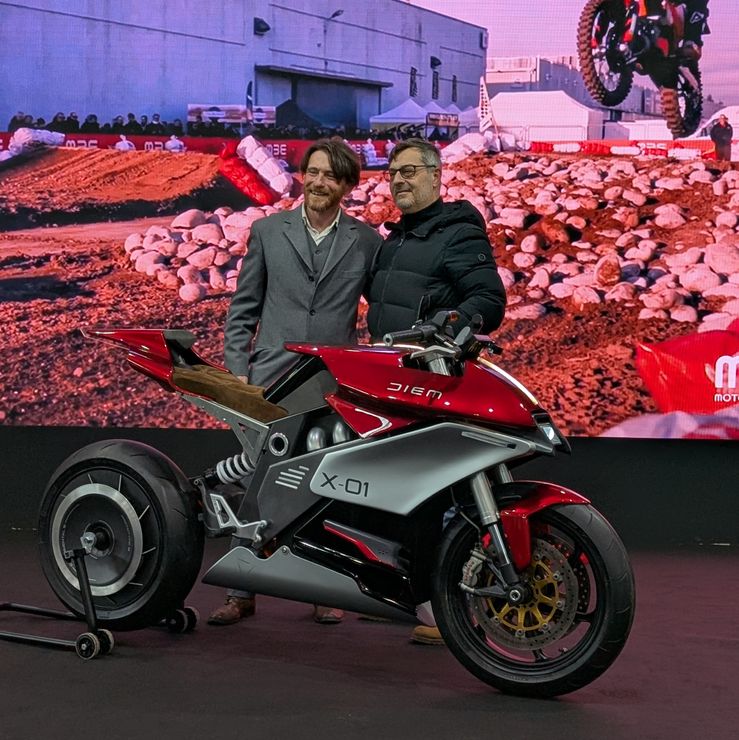

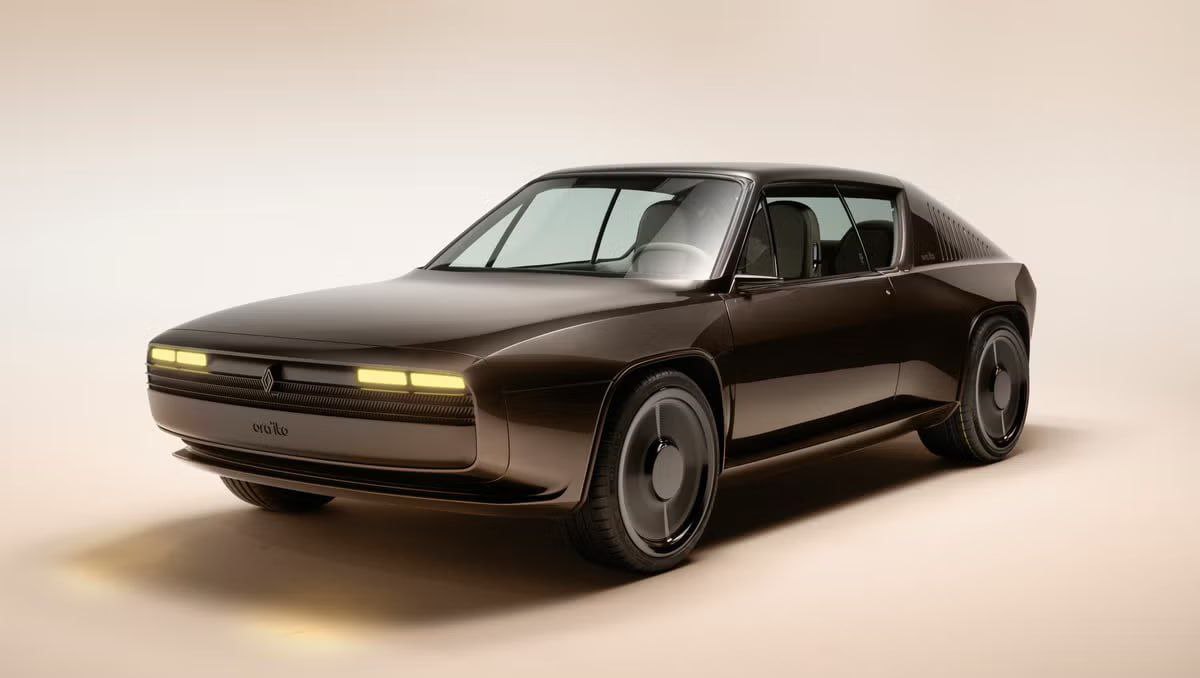
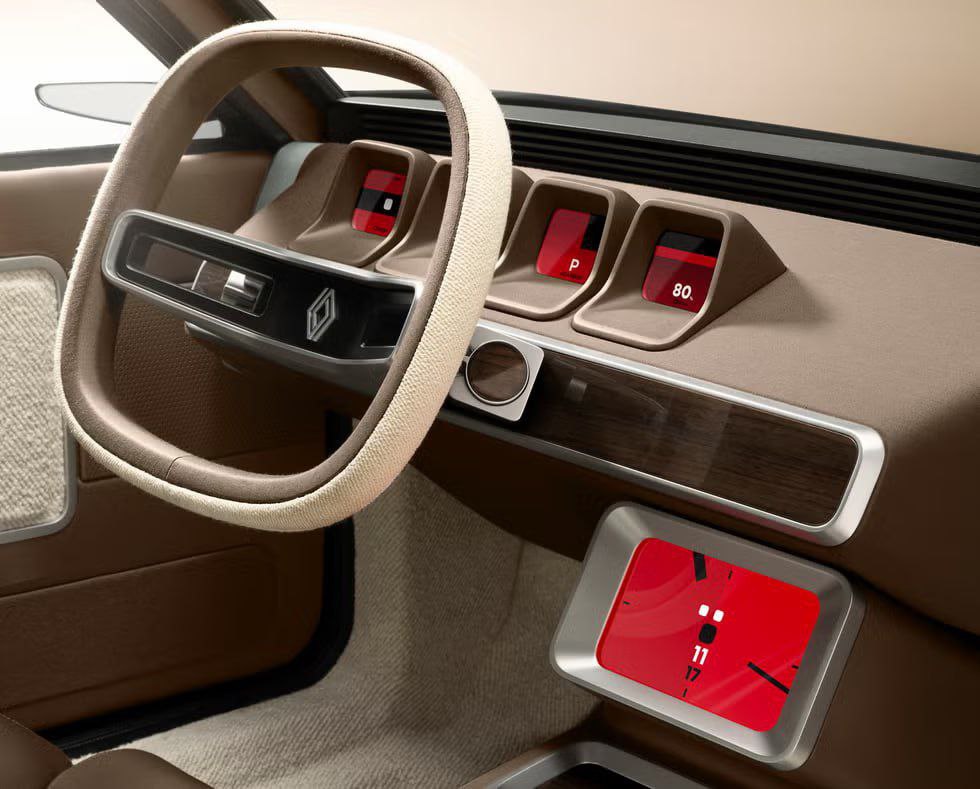
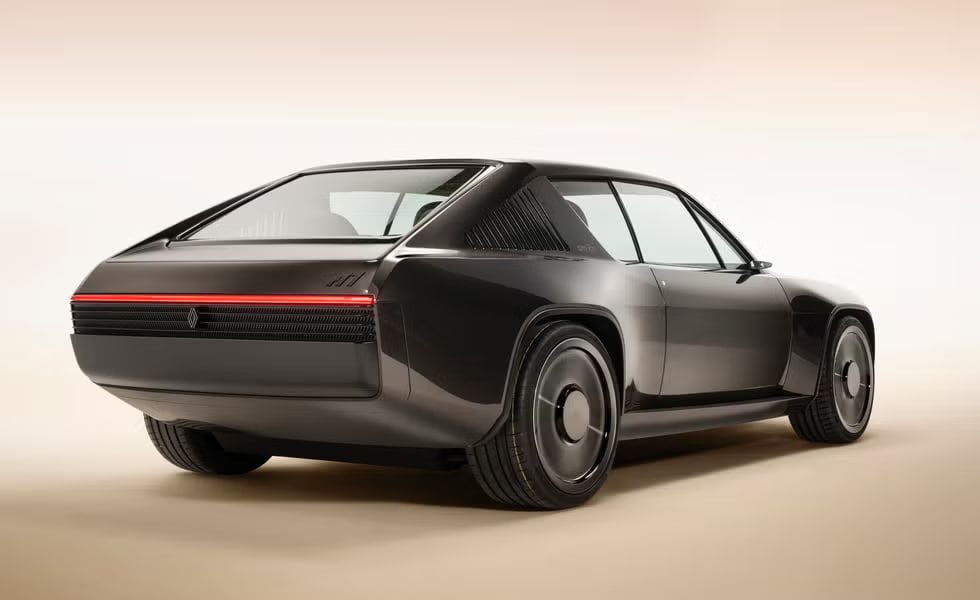

/entrackr/media/post_attachments/wp-content/uploads/2021/08/Accel-1.jpg)




















